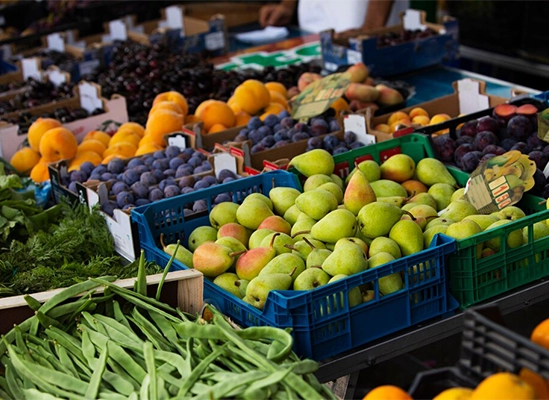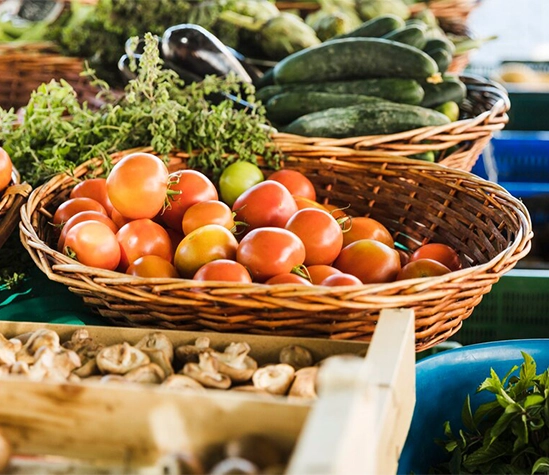Why Are Cold Storage Warehouses Important?
Cold storage warehouses are systems designed to keep fruits and vegetables fresh for long periods and deliver them to consumers in optimal condition. This system allows food to be preserved without losing its nutritional value and has applications in many industries.
With this system, shelf life is extended, ensuring that products retain their freshness. Fruits and vegetables naturally respire, making them prone to spoilage over time. Cold storage warehouses slow down respiration rates by maintaining low temperatures, keeping products fresh for longer.
Preventing food waste, a significant global issue, is possible with this system. By preventing spoilage, food waste is minimized.
Cold storage warehouses enable the consumption of off-season products, helping maintain supply-demand balance.
Fruits and vegetables that are not stored under the right conditions quickly lose their nutritional value. Cold storage warehouses help maintain temperature and humidity balance, preserving vitamins and minerals.
Cold storage warehouse systems also optimize logistics processes. During transportation, cold chain protection ensures that food reaches consumers in a safe and healthy condition.
Additionally, these warehouses reduce economic losses and help maintain product quality in exports and international trade. For these reasons, cold storage warehouses play a crucial role in ensuring food security.
For more details on this process, you can contact Teknotek.


